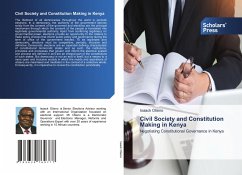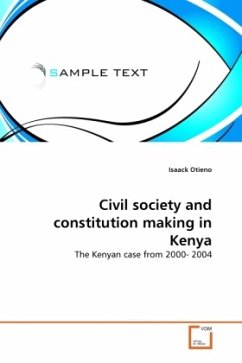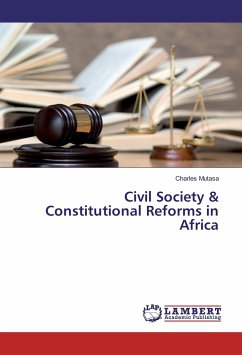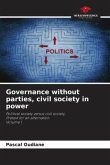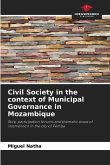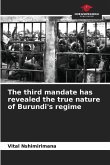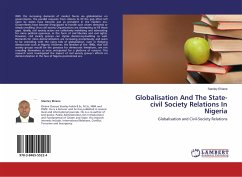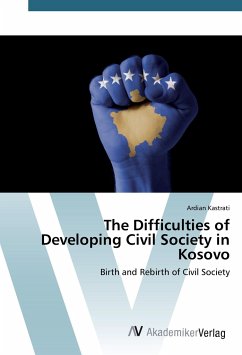The lifeblood of all democracies throughout the world is periodic elections. In a democracy, the authority of the government derives solely from the consent of the governed and elections are the principal mechanism through which the consent of the people is translated into legitimate governmental authority. Apart from conferring legitimacy on governmental power, elections provide an opportunity to the citizens to make policy choices that inform public policy and governance during the term of office of the government elected. To be legitimate and democratic, elections must be competitive, periodic, inclusive and definitive. Democratic elections are an essential defining characteristic of constitutional democratic states and as such, the institutions, principles and processes that govern and inform the electoral system and process are defined in and are an integral part of the constitutions of such states. But democracy is not an end in itself, but a means to a more open and inclusive society in which the needs and aspirations of citizens are maximised and mediated in the context of a collective whole. Consequently, it is imperative to review the constitution periodically.
Bitte wählen Sie Ihr Anliegen aus.
Rechnungen
Retourenschein anfordern
Bestellstatus
Storno

